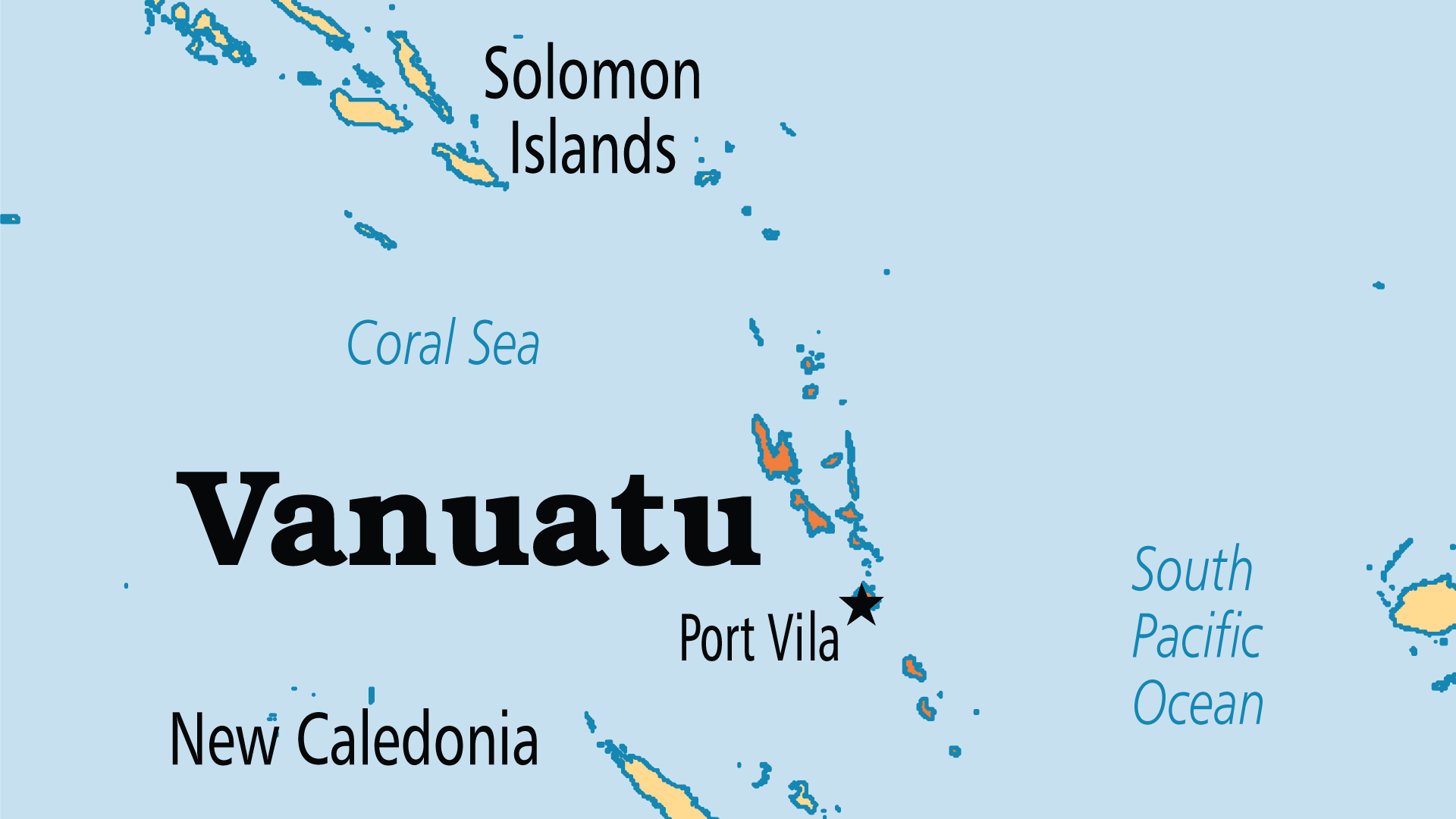

When I think about it, it’s a little embarrassing really.

#Vanuatu pidgin english crack#
Most of these guys could speak at least some English and I am sure a bit of French as well and we thought if they were making that kind of effort we should have a bit of a crack at learning their own language. We decided to learn a bit more Bislama because – particularly in villages on the islands – our ‘tangkyu tumas’ was greeted with a delighted ‘yu spik Bislama?’ to which our reply was always an embarrassed ‘we’re learning.’ In Tonga it is ‘malo’ or ‘malo aupito’ (thank you very much), Fiji has ‘vinaka’ and in Vanuatu it is ‘tangkyu tumas (tumas is ‘very much’). Paddy and I try to learn the local word for thank you in every place we go. Over a 50 year period Bislama evolved into a language that has enabled people with different dialects and from different cultures to communicate. Sadly many of those labourers were recruited through a practice called black-birding (pretty much another word for slavery) and never saw their homes again.

This was all very labour intensive and Melanesia was seen as a rich source of labour. When they’d managed to kill most of the whales the traders in Europe, Australia and China turned to sandalwood and bech de mer (sea slugs) – both of which were plentiful in Melanesia – and the language grew from there.īy the 1860s the sandalwood and slug industries were in decline and were replaced by sugarcane, which was grown on a commercial scale and exported to Queensland and Fiji. In the first half of the 19th century many islanders were recruited as crew for whaling boats and a type of Pidgin English developed to help Europeans and Islanders communicate. In statistical terms there is a distinct language for every 1200 Ni Vanuatu inhabitants – one of the highest language densities in the world, and Bislama has several roots. Other favourites are ‘no smoking’ – ‘yu no maekem fia (don’t make fire), broken down is ‘bagarap’ (despite stemming from the English ‘bugger up’ it’s not actually considered vulgar in Bislama), if you repair something you ‘fiksimap, and the motto for the local drop, Tusker beer, is ‘bia blong yumi’ (our beer.)

You hit it, it sings.)Ī trap for young players is the word ‘kilim.’ It means ‘to hit’ not ‘to kill.’ If you want to finish someone off completely you ‘kilim I ded.’ We’ve heard several gorgeous variations of piano, but the gist of it is ‘bigfala bokis, wan blakfala wan waetfala, yu kilim emi singalot’ (literally – big European box with some white and black teeth. It is the national language of the republic of Vanuatu and it is the coolest language to try to learn.īislama is phonetic and in some cases hilariously literal.Ī bra is ‘basket blong titi’ (basket belong titty), a helicopter is ‘mixmasta blong Jesus Kraes’ (Mix Master belong Jesus Christ) and a helicopter landing is ‘mixmasta blong Jesus Kraes I foldaon’ (Mix Master belong Jesus Christ he fall down). This is Bislama, a variation of Pidgin English. Because there are more than 100 separate languages spoken in Vanuatu – and that’s excluding English and French – a universal language is needed to prevent headspinning confusion.


 0 kommentar(er)
0 kommentar(er)
